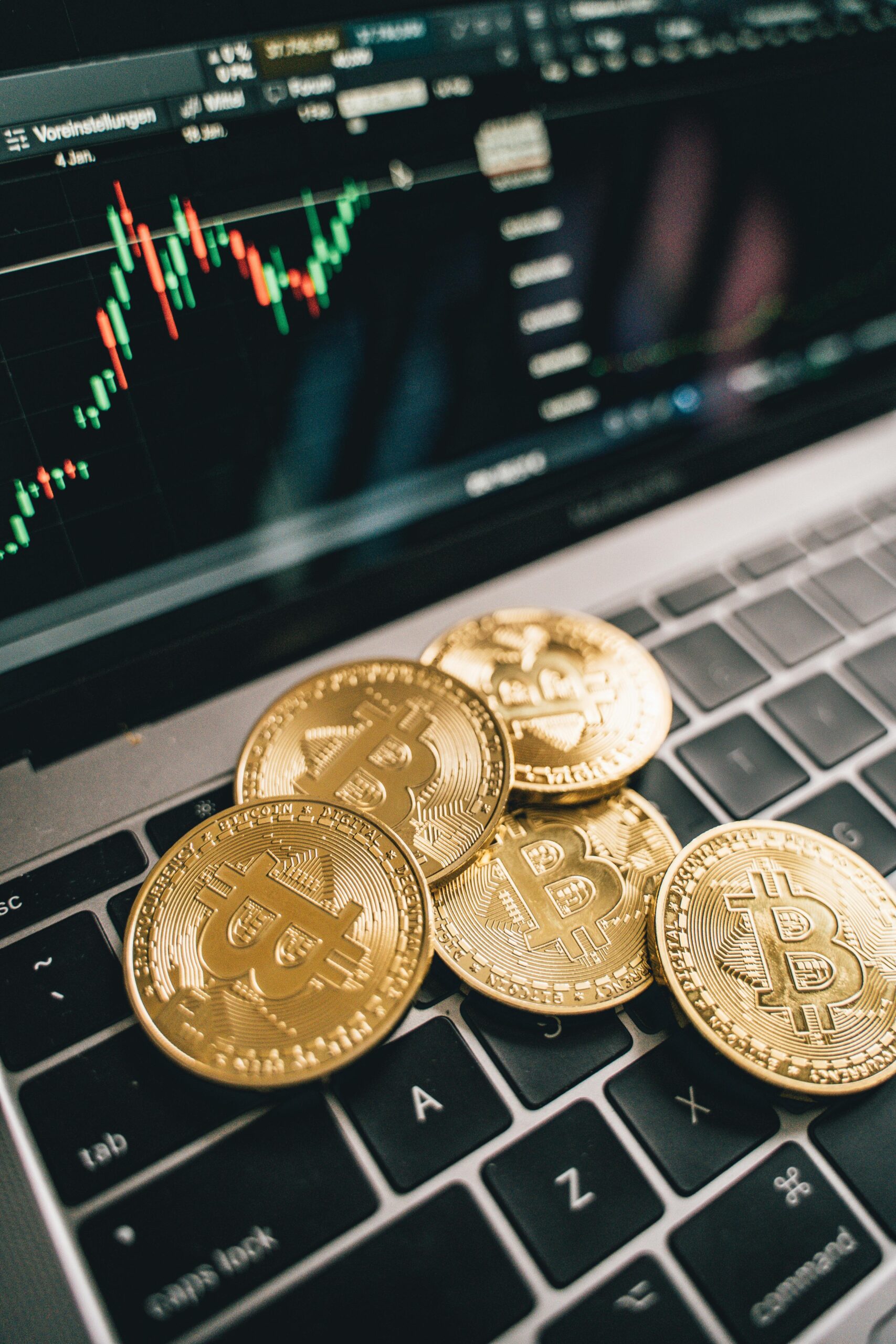If you’re new to cryptocurrency, you’ve probably heard of Bitcoin (BTC) and Ethereum (ETH). These two coins are the foundation of the digital asset world — but what exactly are they, and how do they differ?
Here’s a simple breakdown to help you start your crypto journey with clarity.
1. What Is Bitcoin (BTC)?
Bitcoin is the first and most well-known cryptocurrency, created in 2009 by a mysterious figure (or group) known as Satoshi Nakamoto. It was designed as a decentralized digital currency, meaning:
- No bank or government controls it.
- Transactions are peer-to-peer via the internet.
- It’s secured by blockchain technology, a kind of digital ledger that records every transaction.
People often see Bitcoin as digital gold — a store of value and a hedge against inflation. The total supply is capped at 21 million coins, which helps protect its scarcity.
2. What Is Ethereum (ETH)?
Ethereum was launched in 2015 by Vitalik Buterin and others. While Bitcoin focuses on value transfer, Ethereum is more like a decentralized app platform.
Its key features:
- It allows developers to build smart contracts — self-executing agreements without middlemen.
- It powers dApps (decentralized applications) in areas like finance (DeFi), gaming, NFTs, and more.
- ETH is the native currency used to pay for operations on the Ethereum network (often called gas fees).
You can think of Ethereum as the infrastructure that other blockchain projects are built on.
3. How Are They Different?
| Feature | Bitcoin | Ethereum |
|---|---|---|
| Launched | 2009 | 2015 |
| Purpose | Digital currency / store of value | Smart contract & dApp platform |
| Supply Limit | 21 million BTC | No fixed supply (but deflationary trends with ETH 2.0) |
| Block Time | ~10 minutes | ~12 seconds |
| Use Case | Transfer value, hedge | DeFi, NFTs, contracts, dApps |
4. Is It Too Late to Start?
Definitely not.
The crypto space continues to evolve rapidly. Whether you’re thinking about investing, developing, or just understanding how things work — knowing the basics of BTC and ETH is a great starting point.
Before diving in, always remember: crypto is high-risk, high-reward. Take your time, do your research, and never invest more than you can afford to lose. But don’t be afraid to learn — understanding Bitcoin and Ethereum is your first step into a powerful new financial world.
